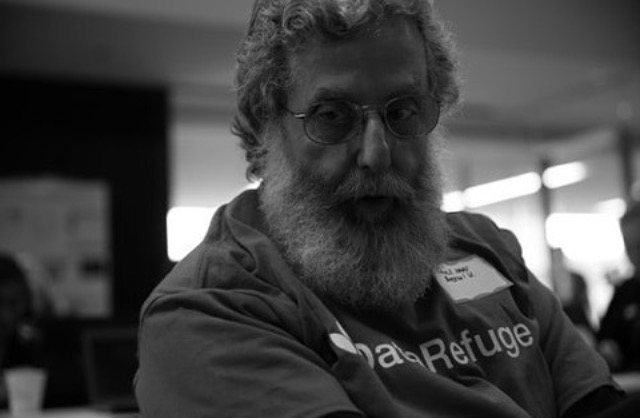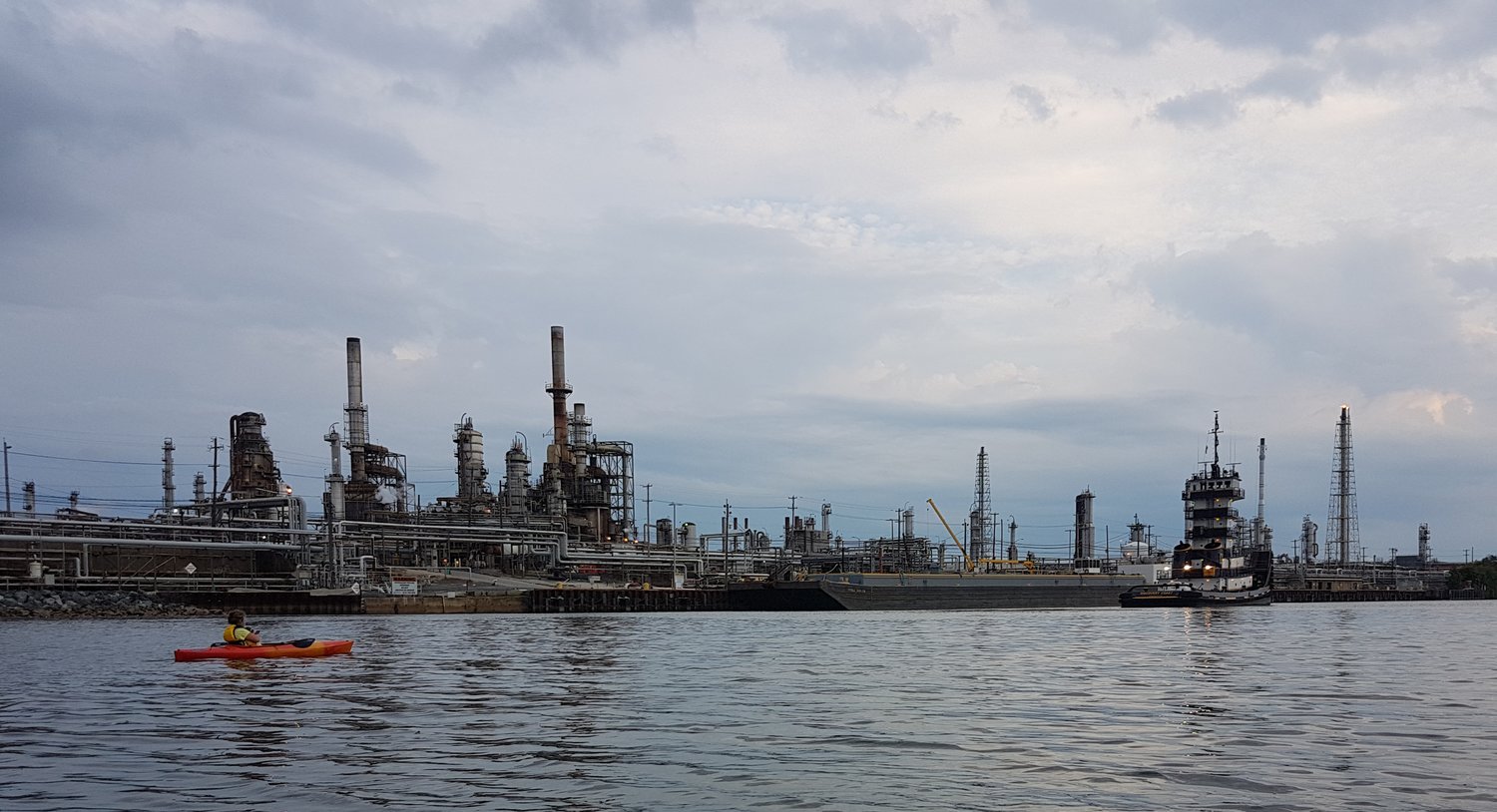Schuylkill Corps Questionnaire: Charles Haas
January 22, 2018
Joanne Douglas
Formed in 2016, The Schuylkill River and Urban Waters Research Corps is a public, cooperative research project organized by Peter DeCarlo (Drexel), Danielle Redden (Bartram's Garden), and Bethany Wiggin (Penn). Since its inception the Schuylkill Corps has brought together artists, historians, community organizers, students and scholars together in a bi-weekly seminar to discuss their research and creative practices revolving around one central focal point, the Schuylkill River.
We put together a brief questionnaire for each of our previous seminar participants that summons us back to the river – to share their perspectives, projects, and experiences on urban waters.
Charles Haas is the head of Drexel's Department of Civil, Architectural and Environmental engineering, His presentation at the Schuylkill River & Urban Waters Research Corps Seminar focused on the microbiology, health and the rivers of Philadelphia prompting discussion on health risks for those who engage recreationally with the rivers and the importance of green infrastructure to mitigate those risks and improve water quality.

Charles Haas, Professor of Environmental Engineering at Drexel University, participating in the PPEH Lab Data Refuge project.
Schuylkill Corps: What is your relationship to urban waterways?
Charles Haas: My work has included the assessment of risk of illness from people recreating on urban waters, including in Philadelphia. I grew up overlooking the Harlem River in New York, and have lived overlooking Lake Michigan in Chicago and now the Delaware River in Philadelphia.
SC: How has this shaped or defined your work, research or creative practice?
CH: I have done research on the Chicago Area Waterways System, and more recently the urban streams in Philadelphia to assess their human health risks, and the sources of microbial contamination.
SC: What stands out to you about waterways that run through cities?
CH: Historically they were regarded as conveyances to remove drainage and wastes, but over the past 3-4 decades, increasingly cities are regarding them as amenities that can contribute to urban quality of life once they are cleaned up.
SC: From your perspective, what is the future of urban waterways?
CH: In the short term, I am pessimistic since we are in the midst of a national anti-urban mood on all fronts including the environment. In the longer term, mayors are realizing they need to take things in their own hands, although this becomes difficult with limited resources and competing priorities. But hopefully, the national psychology will change.

